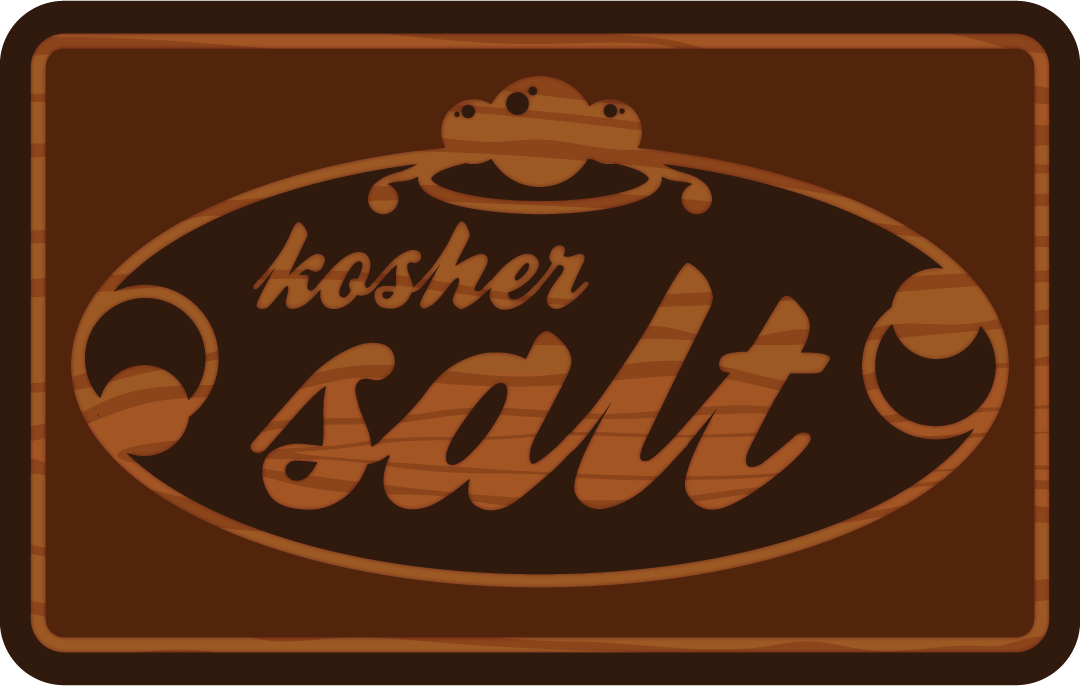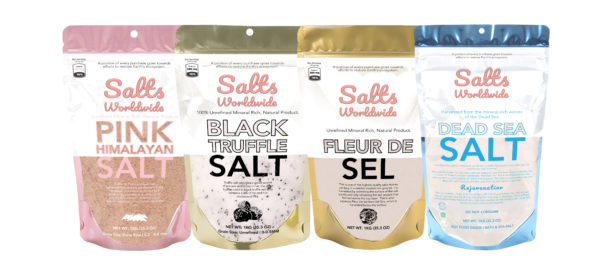What Is the Difference Between Kosher Salt and Regular Salt: the Ultimate Convenience!
Various kinds of salt have various uses in the kitchen. As stated by the Mayo Clinic, the major difference between that fine, table salt and sea salt is the manner where the salt is processed. Iodized salt is less expensive than sea salt.
The Foolproof What Is the Difference between Kosher Salt and Regular Salt Strategy
The salt is made up of many smallish grains of salt fused together. Kosher salt was initially employed for religious purposes. Because of its size and shape, it is used in the process of koshering meat to remove any residual blood to allow it to conform to Jewish food laws. It is crucial to note that it’s called kosher salt not due to its compliance with the Torah or Jewish Written Law.
Typically salt is composed of sodium and chloride. Also, depending on the manufacturing, extracting or further processing methods, it can have many or no additional minerals. As a result, if you decide not to eat regular iodine-enriched table salt, then make sure to’re eating several other foods that have a lot of iodine, like fish, dairy, eggs and seaweed.
The What Is the Difference between Kosher Salt and Regular Salt Game
Salt has been part of religion also. Kosher salt, on the flip side, emerges from the custom of koshering meat. Although it is free from additives and added chemicals, it is also void of the essential minerals that are present in sea salt. It is one of the varieties of edible salt with larger crystals compared to the common table salt. Kosher salt might also be utilised in recipes that require the usage of coarse salt. The massive grain kosher salt is a great selection for occasional cooking.
There’s a lot to understand about salt. Kosher salt differs. It is made by evaporation process. It is not iodized. It is a type of salt that is free from any additives at all. It is free from additives of any kind. While table and kosher salt may taste the exact same, different dimensions and contour of the grains has a significant effect on a recipe’s measurements.
The Honest to Goodness Truth on What Is the Difference Between Kosher Salt and Regular Salt
Surprisingly, it might be because you used the incorrect sort of salt. Kosher salt doesn’t contain iodine. Kosher salt, though large grained, has lots of surface area. A kosher salt has larger crystals so that it’s simple to measure. In addition to being only lightly refined, it also has no additives such as iodine, making it a very pure, plain salt with a mild flavor. It is a form of sodium chloride. It is, however, a preferred salt type by many chefs due to its low density and ease of handling as well as the ability to absorb moisture.


